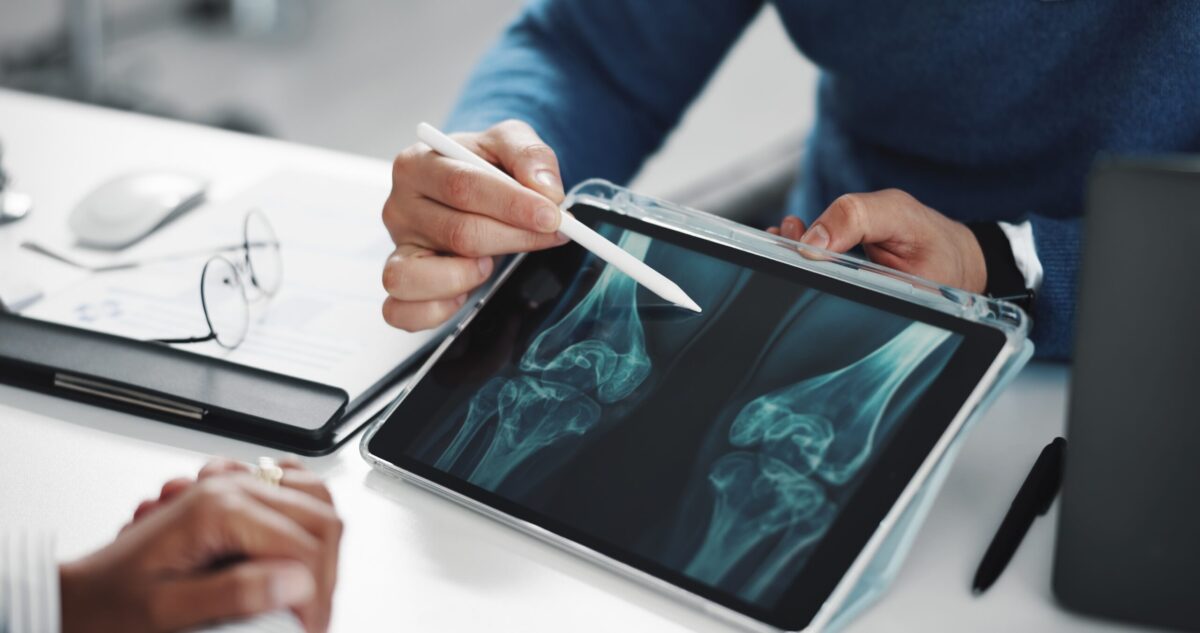Picard Medical, Inc. completed its initial public offering (IPO), raising $17 million from 4.25 million shares priced at $4.00 each. The shares began trading on the NYSE American under the ticker symbol “PMI” on August 29, 2025, with the offering closing on September 2. Underwriters later exercised their over-allotment option in full, adding another 637,500 shares and bringing total gross proceeds to $19.55 million before expenses.
Current Share Price:
Based in Tucson, Arizona, Picard Medical is the parent company of SynCardia Systems, a developer of artificial heart technology.
Unlike devices that only assist heart function, a total artificial heart is implanted when both sides of the heart have failed, taking over the full job of circulating blood until a donor heart is available.
The device treats end-stage biventricular failure, when both sides of the heart can no longer pump blood effectively. Compared to ventricular assist devices that support one side, it fully replaces both ventricles and all four valves. It currently serves as a bridge to transplant, supporting patients until a donor heart becomes available. The system is powered by external drivers, including a portable unit that allows patients to return home and remain mobile.
Clinical outcomes provide evidence of the device’s impact. A 2004 New England Journal of Medicine study reported 79% of patients with the SynCardia heart survived to transplant, versus 46% of controls, with one-year post-transplant survival at 86%. More recent real-world studies confirm one-year survival rates between 75% and 86%.
The company is now working with regulators to broaden the artificial heart’s use beyond bridge to transplant. Goals include approval as a bridge to candidacy, supporting patients while doctors determine transplant eligibility, and for long-term use of two years or more in patients who may never receive a donor organ.
Picard is developing several device platforms: updated portable drivers to support the existing artificial heart, and a fully implantable system aimed at eliminating external drivers altogether.
The Freedom+ driver, an updated portable unit under FDA review, is designed to reduce false alarms and allow clinicians to monitor multiple pressures in the heart and lungs remotely.
Another system, codenamed “Unicorn,” is in development to be lighter, quieter and more efficient, aiming to improve patient quality of life. The company’s longer-term vision is the fully implantable “Emperor” total artificial heart, with animal studies planned in 2025 and an FDA submission targeted for 2028.
In the US, the SynCardia implant is covered under the Centers for Medicare & Medicaid Services’ (CMS’s) highest-paying category, with support also reported from major private insurers.
Other artificial heart developers are also making progress. In March 2025, BiVACOR, an Australian-founded company, achieved a world-first when a patient in Sydney became the first to leave a hospital supported by its rotary artificial heart. Conducted under Australia’s government-funded Artificial Heart Frontiers Program, the case showed the device could sustain a patient for more than 100 days before transplant. A few months later, BiVACOR received FDA Breakthrough Device designation in the US, with long-term goals of becoming a permanent alternative to donor hearts by 2029.
In Europe, CARMAT’s Aeson artificial heart has surpassed 100 implants, with the rate of procedures accelerating since 2024.
While these programs highlight growing innovation, SynCardia manufactures the only total artificial heart approved by both the FDA and Health Canada. The SynCardia Total Artificial Heart has been implanted in more than 2,100 patients across 27 countries, making it the most widely used and extensively studied artificial heart in the world.
Proceeds from the IPO will support clinical studies, regulatory submissions and continued development of next-generation systems.
If you want your company to be featured on Xtalks.com, please email [email protected].












Join or login to leave a comment
JOIN LOGIN